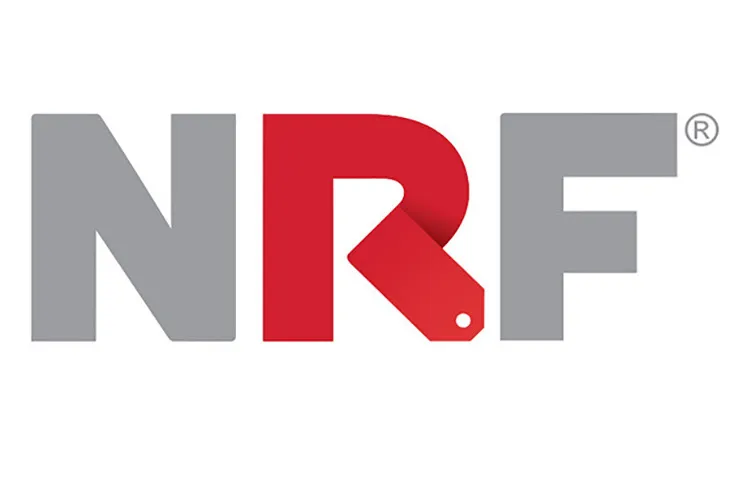WASHINGTON – The National Retail Federation today called on Congress to address credit card “swipe” fees by passing legislation allowing retailers to route transactions over competing networks offering lower fees and improved security.
“It’s time for big banks and global card networks to compete the same as small businesses do every day,” Stephanie Martz, NRF’s chief administrative officer and general counsel, said in a press release. “Skyrocketing swipe fees have been driving up prices for consumers for far too long, and we are confident this is the year Congress is going to say it’s time for that to stop. Competition will bring these fees under control and strengthen security at the same time.”
NRF advocates passage of the Credit Card Competition Act, which today was reintroduced in the Senate by Sens. Richard Durbin (D-Ill.), Roger Marshall (R-Kan.), Peter Welch (D-Vt.) and J.D. Vance (R-Ohio, and in the House by Reps. Lance Gooden (D-Texas), Zoe Lofgren (D-Calif.), Thomas Tiffany (R-Wisc.) and Jefferson Van Drew (R-N.J.).
Durbin and Marshall first introduced the legislation in the Senate last July. The bill was first offered in the House in September by Gooden and Welch, who subsequently was elected to the Senate.
NRF noted that Visa and Mastercard control 80% of the U.S. credit card market and currently restrict competition by allowing transactions made on cards issued under their brands to be processed only over their own networks.
The bills reintroduced today would require that credit cards issued by the nation’s largest banks be able to be processed over at least two unaffiliated networks – Visa or Mastercard plus a competing credit card network or one of several independent networks like Star, NYCE or Shazam. Merchants would then choose which of the two networks to use, prompting networks to compete over fees, security and service.
Citing Federal Reserve data, NRF noted that independent networks have less fraud, meaning the legislation could lead to both lower costs and better security. In addition, the bill would bar networks controlled by foreign governments like China’s UnionPay from handling transactions.
Competition over the processing of credit card transactions could save retailers and their customers at least $11 billion annually, according to an estimate from payments consulting firm CMSPI.
NRF said swipe fees for Visa and Mastercard credit cards average 2.24% of the purchase amount and amounted to $93.2 billion in 2022, approaching four times the $25.6 billion charged in 2009. The fees are most merchants’ highest costs after labor and drive up prices paid by consumers by more than $1,000 a year for the average family.










